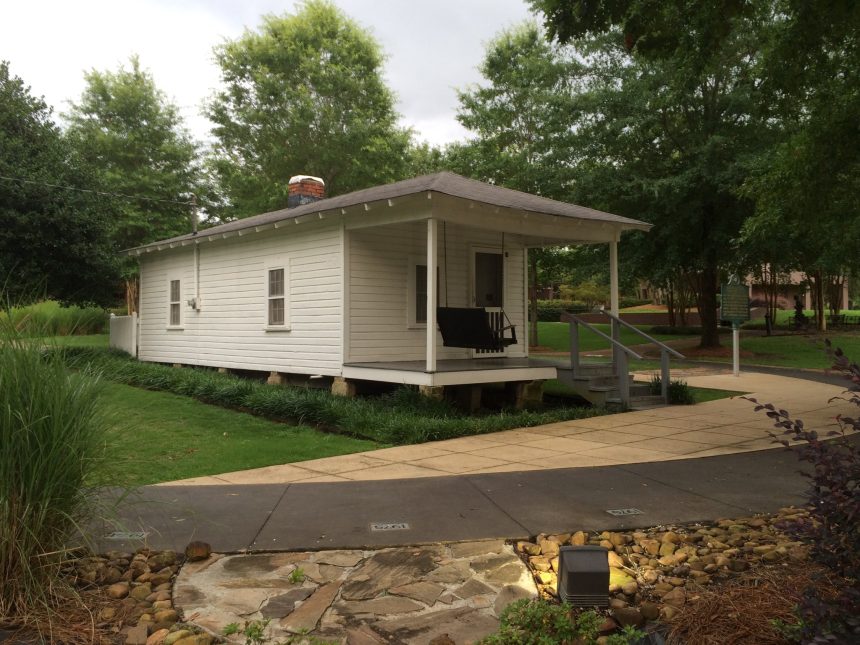Exactly 45 years ago today, the “King of Rock and Roll” Elvis Presley passed away after a heart attack in his home in Memphis, Tennessee.
The music legend, known for his provocative dance moves and catchy songs, was transported to the hospital after being found unconscious in Graceland on August 16, 1977. Presley was pronounced dead at the hospital hours later at the age of 42.

Despite Presley’s death at a young age, his life is still celebrated across the globe more than four decades after his death. One popular location where fans wish to pay their respect to the late musician is none other than Presley’s original birthplace in Tupelo, Mississippi.
Presley was born in a small, two-bedroom house in Tupelo on January 8, 1935, and later grew a love for music after singing in the church choir for much of his childhood. When his father could not pay off the $180 loan on the house, Presley’s family relocated to Memphis, where Elvis’s music career began to take off in later years.
Over the past few weeks, Executive Director of the Tupelo Convention and Visitors Bureau Neal McCoy said that tourism and ticket sales have soared at Presley’s childhood home.
“I know that I have seen at least ten motor coach buses in the last two days,” McCoy explained. “We know how many tickets are bought at the birthplace but oftentimes, there are people who come through and we just simply can’t track them. I would guess that number is probably 12 to 15 thousand people over the two weeks we call ‘Elvis Week.'”
McCoy argued that although Presley’s road to fame began in Memphis, the singer might not have been the same musician the world came to love if it wasn’t for his Mississippi roots.
“If Elvis grew up like any other white child in Tupelo, Mississippi, at that time, he’s not exposed to the African-American gospel music, he’s not exposed to the blues music and, therefore, you don’t have that Black influence like Arthur ‘Big Boy’ Crudup or B.B. King on Elvis Presley,” McCoy stated. “If those things were not in place of him having to move to a predominately Black neighborhood in the late 30s, early 40s in Tupelo, Mississippi, we don’t have Elvis Presley. We may not have rock and roll as we know it today.”
To see the entire interview with McCoy, continue watching below.







